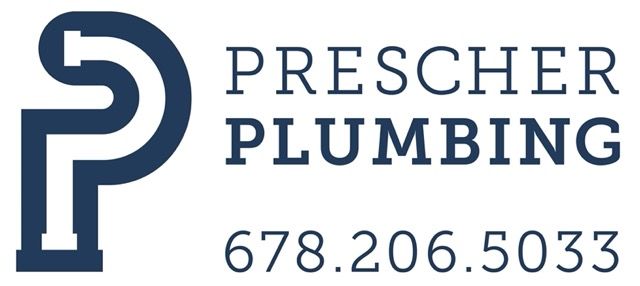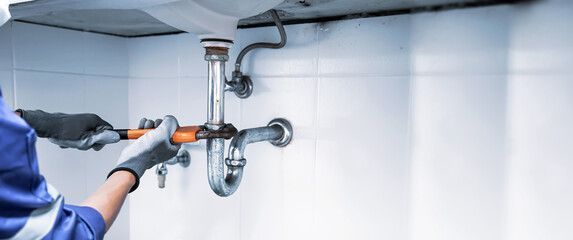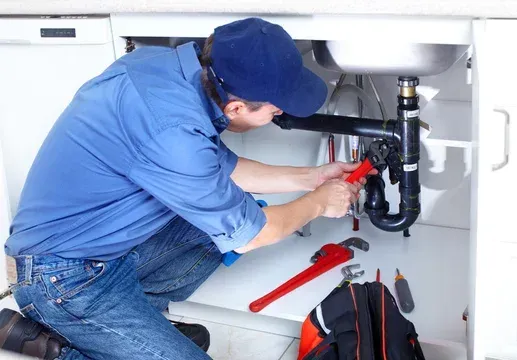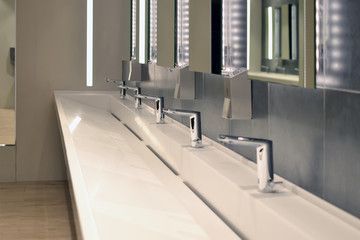Ultimate Guide To Buckhead Plumbing
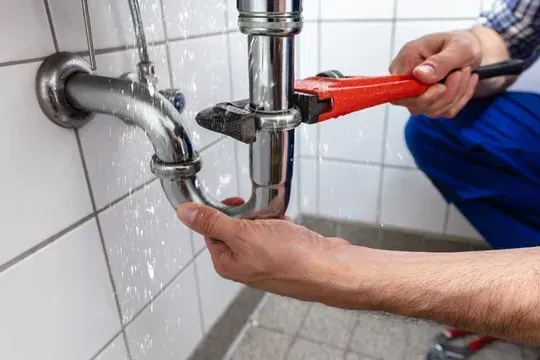
Welcome to the ultimate guide to plumbing maintenance at home! Whether you're a new homeowner or have been living in your house for years, it's important to understand the basics of home plumbing and how to properly maintain it. Plumbing issues can quickly escalate if not addressed, leading to costly repairs and water wastage. By implementing regular maintenance and knowing how to identify and fix common problems, Buckhead Plumbing can ensure the optimal performance of your plumbing system and prolong its lifespan. In this guide, we will explore the importance of plumbing maintenance, common plumbing systems in homes, essential plumbing tools, key components of the plumbing system, common problems, DIY maintenance tips, regulations, and more. Let's dive in and become plumbing maintenance experts!
Understanding The Basics Of Home Plumbing
Before we delve into the specifics of plumbing maintenance, let's start by understanding the basics of home plumbing. The plumbing system in your home consists of a water supply system and a drainage system. The water supply system brings in water from the main water line, which is then distributed to various fixtures such as faucets, showers, and toilets. On the other hand, the drainage system carries wastewater away from your home and into the sewer or septic system. It's important to note that hot water and cold water have separate supply lines, each controlled by their respective valves. Additionally, proper cooling systems are also important to consider in order to maintain the functionality of your plumbing. Read about Elevating Buckhead Plumbing with Excellence and Expertise to learn more.
Importance Of Regular Plumbing Maintenance
Regular plumbing maintenance is essential for several reasons. Firstly, it helps prevent plumbing issues before they escalate. By identifying and addressing potential problems early on, you can avoid water damage, leaks, and costly repairs. Secondly, proper maintenance prolongs the lifespan of plumbing fixtures and appliances, such as water heaters, kitchen sinks, and toilets. Regular checks can detect any signs of wear or damage, allowing you to take the necessary steps to repair or replace them. Thirdly, maintenance is crucial if you live in an area with hard water. Hard water contains high levels of minerals, which can accumulate in pipes, leading to blockages and reduced water flow. By regularly cleaning and descaling your plumbing system, you can prevent these issues and maintain optimal performance.
Common Plumbing Systems In Homes
Homes typically have different plumbing systems depending on their age, size, and location. One common type is the sewage system, which carries wastewater from your home to the sewer or septic system. Another vital system is the potable water supply, which provides clean and safe water for everyday use. In older neighborhoods, sewage systems may consist of open sewage ditches, while new construction often utilizes underground sewage systems for improved sanitation and aesthetics. Additionally, many homes have underground water systems that supply water for everyday use. Understanding the different plumbing systems in your home not only aids in troubleshooting but also helps you make informed decisions when it comes to repairs and upgrades. Efficient plumbing systems contribute to a comfortable living environment, so it's essential to familiarize yourself with their functioning and any specific requirements they may have.
Essential Plumbing Tools For Home Maintenance
To effectively maintain your plumbing system, you'll need a set of essential plumbing tools. These tools will come in handy for various tasks, from simple repairs to more complex installations. Some of the must-have tools include wrenches of different sizes for tightening and loosening fittings, pliers for gripping, and a tubing cutter for cutting pipes with precision. Additionally, having a torch or soldering iron is crucial if you work with copper pipes and fittings, as they require soldering. Equipping yourself with the right tools, as well as completing an apprenticeship program, will make plumbing maintenance easier and more efficient, saving you time and money in the long run.
Identifying Key Components In Your Plumbing System
To effectively maintain your plumbing system, it's important to identify and understand its key components. Three essential components that you should be familiar with are water lines, valves, and fixtures. Water lines are the pipes that supply water to different parts of your home, such as sinks, showers, and tubs. Valves, such as shut-off valves, control the water flow to specific areas or appliances. Fixtures refer to the various plumbing appliances, such as faucets, toilets, and bathtubs, that utilize the water supply provided by the plumbing system. Having a good understanding of these components will enable you to troubleshoot problems more effectively.
Common Home Plumbing Problems And Solutions
Inevitably, homeowners may encounter plumbing problems from time to time. It's important to know how to identify common issues and address them promptly. Here are two common plumbing problems and their solutions:
Dealing With Leaks And Drips
Leaking faucets are a common plumbing problem that can waste water and cause annoying drips. The most common cause of faucet leaks is worn-out washers, which can easily be replaced. Additionally, check the valve under the sink to ensure it is fully closed, as a partially open valve can also cause leaks. If you notice water pooling around the base of the faucet, it may indicate a leak in the faucet itself or the plumbing lines connected to it. In this case, you may need to call a professional plumber to diagnose the issue and perform the necessary repairs. Addressing leaks and drips promptly will not only save water but also prevent potential water damage to your home.
What To Do In Case Of Blocked Drains
Blocked drains can be a major inconvenience and can lead to unpleasant odors, slow drainage, or even wastewater backups. In the case of simple clogs, you can try using a plunger to dislodge the blockage. Avoid using chemical drain cleaners, as they can be harmful to your pipes and the environment. For tougher clogs, consider using a drain snake that can clean the inside of the pipe as it moves through the line, breaking up or removing the obstruction. Regular cleaning of your drain pipes, especially in the kitchen, can help prevent clogs caused by grease buildup. If you encounter persistent or hard-to-reach blockages, it's best to call a professional plumber who has the expertise and specialized tools to clear the drains safely and effectively.
While many plumbing issues can be resolved with DIY methods, there are instances when it's best to call a professional plumber.
Conclusion
Prescher Plumbing Service Is essential for preventing costly repairs and ensuring a smoothly functioning system. By understanding the basics, identifying key components, and recognizing common problems, you can stay proactive in your maintenance efforts. Remember to use the right tools safely, conduct regular checks, and know when to seek professional help. Keeping your plumbing up to code not only ensures your safety but also protects your property from potential damage. Embrace a preventative mindset to keep your home plumbing in top condition for years to come. Get in touch with our experts today for assistance.
FAQs About Plumbing by Prescher Plumbing Service
Can I fix a clogged drain myself, or should I call Prescher Plumbing Service?
Many common clogs can be tackled with DIY methods like plunging or using a drain snake. However, Prescher Plumbing Service can advise on the best approach for your situation. Consider calling a professional if:
- The clog persists after DIY attempts.
- You suspect a deeper clog in the main drain line.
- You're uncomfortable working with plumbing tools.
My faucet is dripping. Is it a serious issue?
A dripping faucet is more than just an annoyance; it can waste a significant amount of water and money over time. Prescher Plumbing Service can diagnose the cause of the drip (worn washer, loose valve) and fix it efficiently, saving you on your water bill.
Why is my water heater not working properly?
There are several reasons a water heater might malfunction. Prescher Plumbing Service can diagnose the problem, be it a failing heating element, a faulty thermostat, or sediment buildup. Depending on the issue, they can recommend repairs or replacements.
How can I prevent common plumbing problems?
Prescher Plumbing Service can advise on preventative maintenance to keep your plumbing system running smoothly. This may include:
- Regularly cleaning drains to prevent clogs.
- Insulating pipes in areas prone to freezing temperatures.
- Scheduling routine inspections to identify potential problems early on.
What are some signs that I need a sewer line replacement?
Sewer line problems can be messy and disruptive. Prescher Plumbing Service can help identify potential issues like frequent backups, slow drains throughout the house, or unusual gurgling sounds. They can assess the condition of your sewer line and recommend the most suitable repair or replacement option.
You might also like
Book a Service Today
We will get back to you as soon as possible
Please try again later
Quick & Reliable
Emergency Plumbers Atlanta: Count on Prescher Plumbing Service for 24/7 urgent plumbing assistance. Our dedicated team ensures top-tier customer service, ensuring a swift response with just one call.
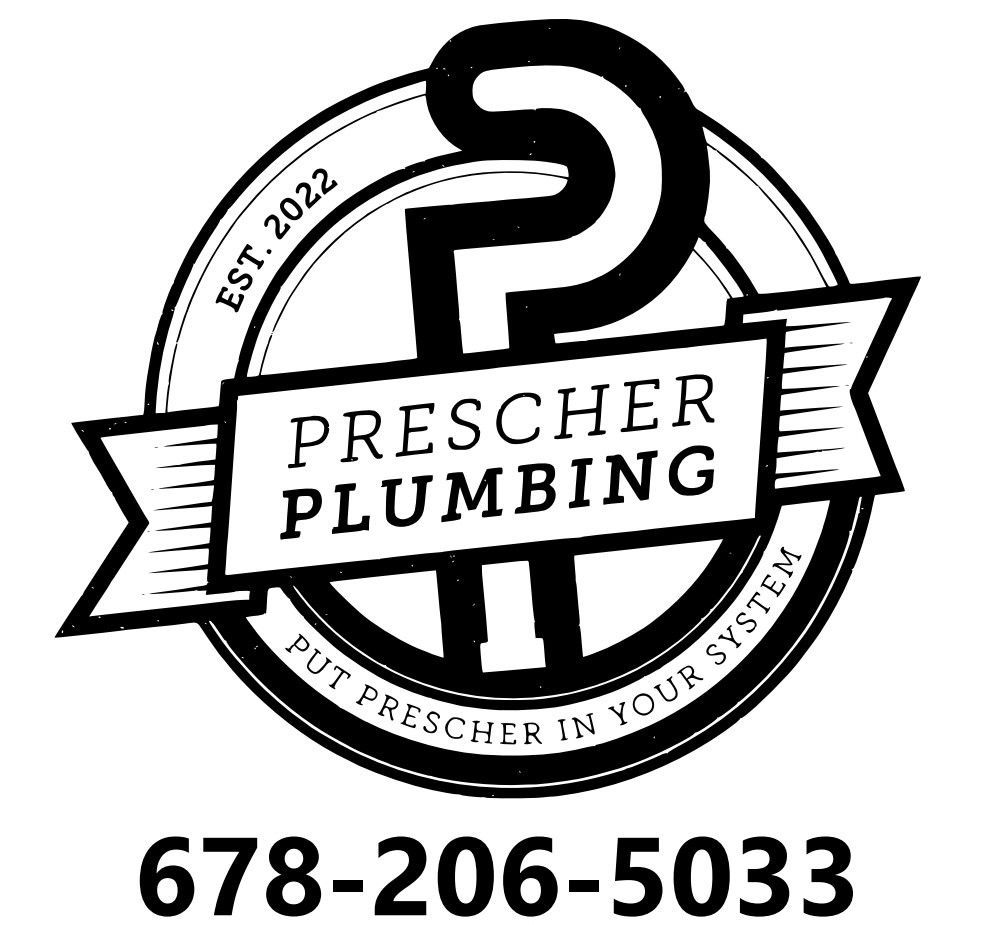
Atlanta and the surrounding areas leading professional plumbing service since 2022.
Navigation
Working Hours
Monday-Friday 8am - 6pm
Edit Google Reviews Widget
All Rights Reserved | Prescher Plumbing Service
